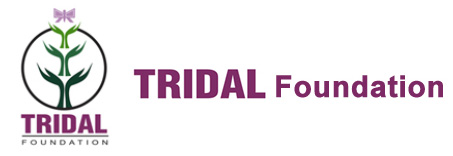


IPH is a unique community mental health project established in 1990.
IPH was established with a vision to spread the message of mental health in the society.
IPH mission statement says "Mental Health for All”. IPH has relentlessly worked towards destigmatizing mental illness across the fabric of urban, semi-urban and rural population of Maharashtra. Dr. Anand Nadkarni (Managing Trustee and Consulting Psychiatrist) and Dr. Shubha Thatte (Trustee and Senior Clinical Psychologist) are the founders of this project.
IPH major focus while working in the society has been on 3Ds-
IPH has always worked on different levels to treat chronic and severe mental disorders like Schizophrenia, Mood disorders, personality disorders, autistic spectrum disorders to name a few. Working with the people suffering from Schizophrenia has been special interest since its establishment in 1990. Two trustees of IPH - Dr. ShubhaThatte and Dr. Anuradha Sovani have done their extensive doctoral work in different aspects of Schizophrenia.Initially the focus was on eliminating the symptoms of the persons suffering from Schizophrenia and helping them restore their day to day functioning. Gradually the need was felt by IPH team members to involve the caregivers in this treatment process. As a result another Clinical Psychologist from the team Dr.Savita Apte, decided to develop training modules specially for the caregivers of people suffering from Schizophrenia.
Dr. Savita designd her doctoral work under the guidance of Dr. Anuradha Sovani and trained 70 caregivers in this process. They were imparted knowledge and skills to handle the Stigma, Burden and Burnout that they experienced in the process of caregiving. The caregivers were given training on psycho-education, problem solving and handling emotions.The caregivers had to attend 6 sessions of two hours each. While regularly meeting for the training, the caregivers realized the importance of being together and sharing their issues. They understood the strength of togetherness and the caregivers support group was formed. When the caregivers regularly started attending the support group meetings they felt the need to do something for the recovering but ‘non-functioning’ Schizophrenia patients.
A small activity group for these ‘non-functioning’ Schizophrenia patients was started with the help of the professionals and caregivers. This activity group later grew into a full-fledged rehabilitation workshop and was called “Tridal”.